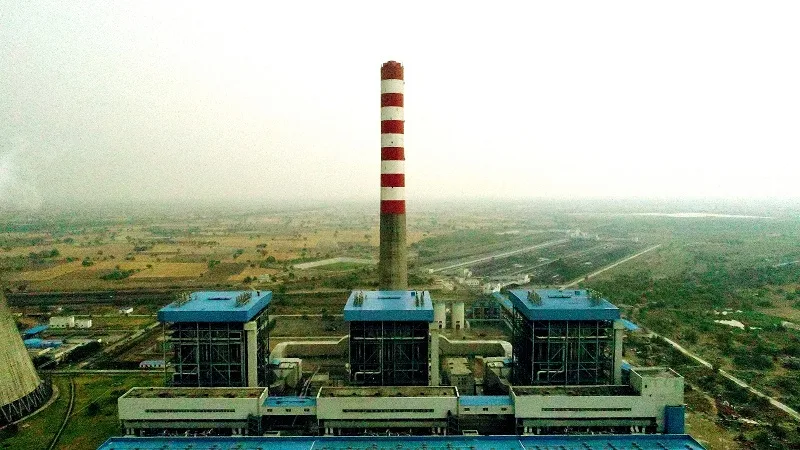Power units of 1140 MWs shut down in Punjab
Kanwar Inder Singh/ royalpatiala.in News/ August 2,2024
Once again the largest thermal plant of Punjab TSPL came into limelight after one of its unit has stop generating the power, electricity in peak summer season
One unit of 660 MW of Talwand Sabo Power plant (TSPL), one unit of govt owned 210 MW of GGSSTP, Ropar and 270 MW of Guru Amardas Thermal Plant (GATP) Goindwal Sahib has been shut down and reduces the power generation of the state.
Now, two units’ of Punjab’s largest power plant Talwand Sabo Power plant (TSPL) at Mansa, three units of state owned power plant GGSSTP, Ropar and one unit of Guru Amardas Thermal Plant are working
As per available information, this is the seventh time that a unit of TSPL is out of order in last around two months. Earlier, around on June 1, June 19, June 23, July 2, July 10, July 30, 2024 one out of three units of 660 MW each remained out of order.
When contacted the officials of TSPL they said “ the unit has developed some technical glitch and our engineers are working on it. It will be operational as soon as they fixed the fault.”
When contacted chief engineer GHTP Lehra Mohabbat who is looking after the Guru Amardas Thermal Plant (GATP) Goindwal Sahib said “ the powercom management has decided to shut down the unit as rain in the state has brought down the power demand.”

On the other hand out of four units of Guru Gobind Singh Super Thermal Plant (GGSSTP), Ropar one unit of 210 unit is out of order. When contacted the chief engineer of the plant, he said “ the boiler tube leakages noticed and we immediately shut the unit. We are working extra hard to cool down the unit by using all techniques. The temperature remained 1500 degree and normally it takes 4 days to cool down. But, by today evening we can have the exact cause, assessment of the fault. After that we will be able to inform you by how much time the non functional unit will get functional.”
Power units of 1140 MWs shut down in Punjab.The power demand in the state had already crossed 16000 MW this year.
An expert said, “Despite ongoing paddy season, several factors contribute to this soaring demand. The use of air conditioners and cooling appliances has surged due to extreme heat and humidity, particularly with the arrival of monsoon rains.”













